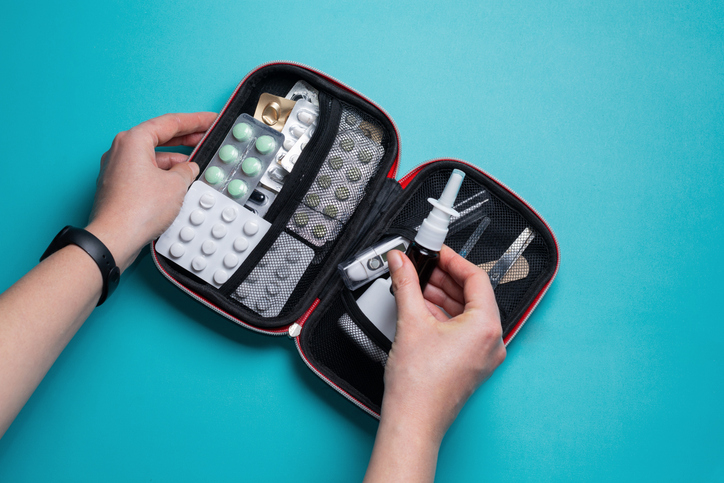Feeling under the weather in a foreign country can turn even a common cold or allergies into an extra headache. While people across the world suffer from the same maladies and most expatriates are assigned to areas that have well-stocked pharmacies, local products may be unfamiliar or labeled in a language or script an assignee can’t understand. Even ingredients may differ from medications used at home. Most expatriates and business travelers will bring a supply of over-the-counter medication for these small maladies, but import regulations typically limit the amount that can be carried into a country. Luckily, there are ways to ease the stress of the language barrier even when not feeling the best.
In the Health and Safety section of each country profile, Living Abroad offers information on medications and pharmacies with links to any pharmacy chains, notes on over-the-counter versus prescription medications, and information on whether 24-hour pharmacies are available and where to find them.
After locating a nearby pharmacy, the next stop may be checking Reference Pro for the International Drug Names List, which gives the local name for various medications in 185 countries. Embassy homepages may also provide information on which pharmacies have staff that speak your native language. In many countries it’s common for pharmacists to learn medical terms in English, German, or Latin in addition to their own languages, which can help with communication.
Technology can also provide assistance. Google Lens and Microsoft Translator can translate from images, allowing you to get instant information about the products available just by snapping a photo in the store. There are specific apps that allow for extra accuracy when reading non-Romanized languages such as Japanese, Chinese, or Arabic.
It’s also important to do research in advance about whether any existing prescription will be legal in the new country. While many people are aware that opioids and other psychotropic medications such as Adderall are banned or regulated in most countries, even medications found over-the-counter in many places such as those containing pseudoephedrine (Sudafed) or diphenhydramine (Benadryl and Tylenol PM) may be by prescription only or unavailable. In some places herbal and alternative remedies may be available alongside more familiar medications. Always research any new treatment before use, as some herbal medications may interact with prescription medication.
Mild illnesses aren’t uncommon, and every country has its own products and ways to cure them. Sometimes it may take a little extra effort to find the appropriate medication, but soon assignees will be navigating the pharmacies like a local.

